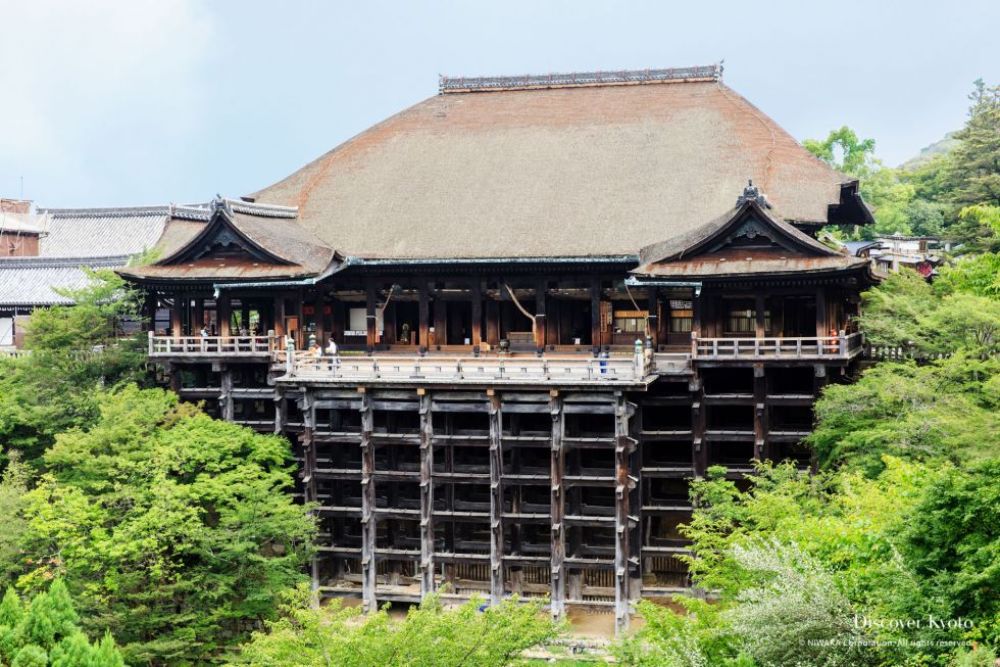

Nestled in the wooded hills of eastern Kyoto, Kiyomizudera Temple stands as a testament to Japan's rich historical tapestry and its longstanding appeal to travelers from all corners of the globe. Officially named Otowa-san Kiyomizu-dera, this temple has been a significant site for pilgrimage and tourism since its foundation in the late Nara period.
Established in the year 778, the temple has undergone several reconstructions, most notably in 1633 under the patronage of Tokugawa Iemitsu. Its main hall, with a famed stage that offers breathtaking views of cherry and maple trees, is a cultural landmark and a masterpiece of Japanese craftsmanship. Kiyomizudera's historical importance was recognized by UNESCO when it was listed as part of the ‘Historic Monuments of Ancient Kyoto’ World Heritage site in 1994.
The popularity of Kiyomizudera as a tourist destination can be traced back to the Edo period when travel for leisure became a more common pursuit among the Japanese population. The temple has since attracted not only the faithful but also those drawn by its cultural significance and natural beauty. The introduction of ‘Kiyomizu no Butai’ gave rise to the Japanese expression "to jump off the stage at Kiyomizu", which is equivalent to the English phrase "to take the plunge". This stage has become one of the most iconic spots for tourists to visit and photograph, symbolizing a leap of faith and boldness.
In recent years, the advent of social media has further amplified Kiyomizudera’s popularity, with the temple's stunning architecture and seasonal transformations becoming a magnet for Instagram and travel bloggers. Seasonal events, such as springtime cherry blossom viewing and autumn leaf-peeping, have become peak times for visitation.
The temple management has leaned into these trends by offering nighttime illuminations during peak seasons, creating a magical and ethereal experience for visitors. Furthermore, visitor amenities have improved, including multi-language guides and signages catering to the surge of international tourists.
As sustainable tourism becomes more crucial, Kiyomizudera has also started initiatives to preserve its surroundings and cultural integrity for future generations. Efforts have been made to reduce environmental impacts and ensure that the site remains a cherished destination for both domestic and international tourists.
Today, Kiyomizudera continues to be a must-visit destination in Kyoto, embodying Japan's cultural heritage and offering visitors a chance to experience its tranquil beauty and spiritual atmosphere. The temple's ongoing dedication to preserving history while embracing modern tourism trends ensures that Kiyomizudera Temple will remain a beloved landmark for many years to come.